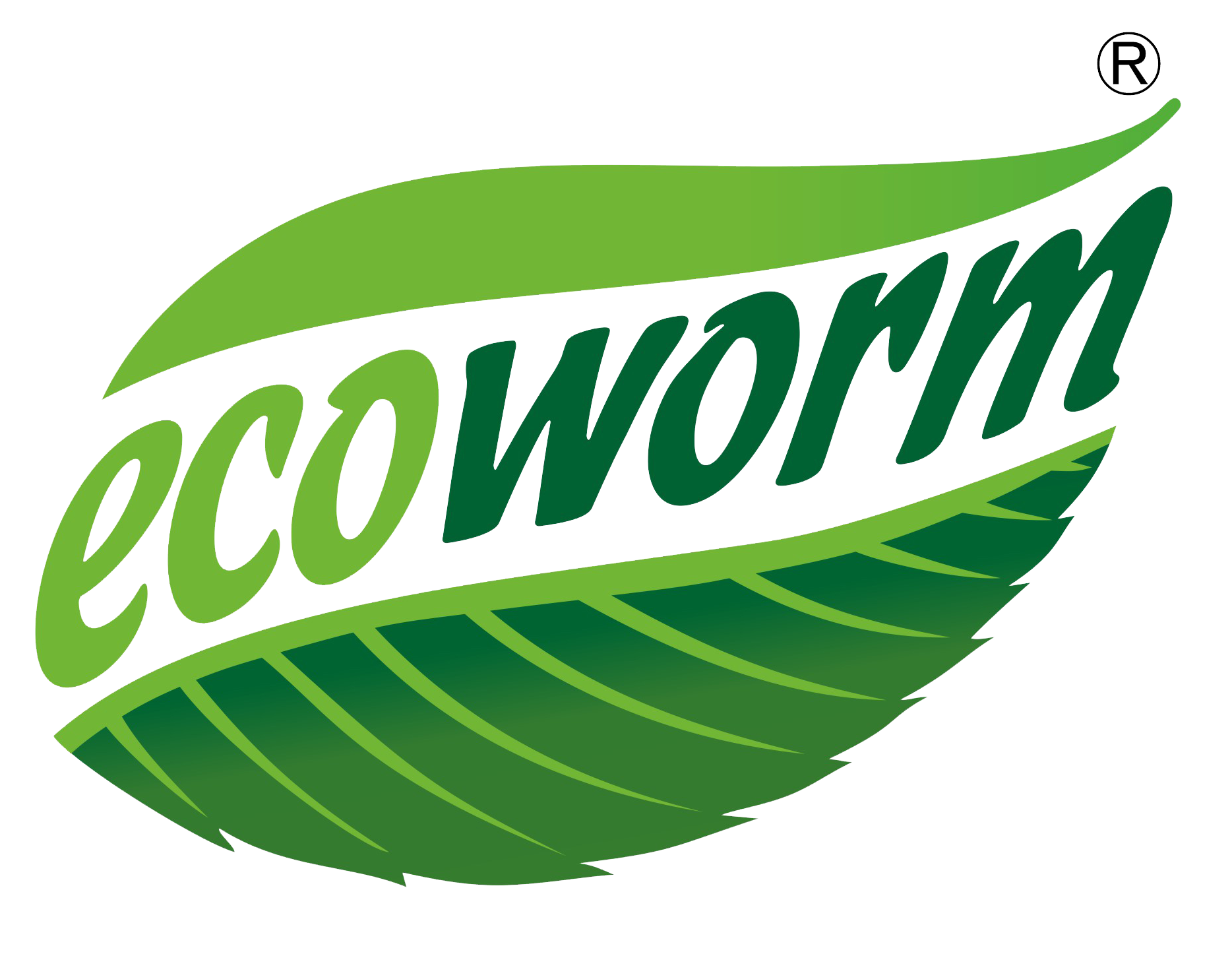Pests can be a major challenge in July, but with the right strategies, you can keep your garden healthy and thriving. Here’s how to manage common garden pests organically and the benefits of using Ecoworm Potassium Soap.
1. Identify the Pests
Regularly inspect your plants for signs of pests like aphids, caterpillars, and beetles. Look for damage such as chewed leaves, discolored spots, or deformed fruits. Early detection is key to effective control.
2. Use Natural Predators
Encourage beneficial insects like ladybugs and lacewings, which prey on common pests. Planting flowers like marigolds, dill, and yarrow can attract these helpful insects to your garden. These natural predators help maintain a balanced ecosystem, reducing the need for chemical interventions.
3. Neem Oil
Neem oil is a natural insecticide that can control a variety of pests. It works by disrupting the life cycle of insects, reducing their ability to feed, grow, and reproduce. Neem oil is safe for beneficial insects and can be used on a wide range of plants.
4. Ecoworm Potassium Soap
Our Potassium Soap is an excellent natural insecticide that is both effective and environmentally friendly. Here’s why it’s a must-have for your organic pest control arsenal:
- Effective Against a Range of Pests: Ecoworm Potassium Soap targets soft-bodied insects such as aphids, mites, and whiteflies. By disrupting their cell membranes, it quickly eliminates these pests without harming your plants.
- Safe for Plants and Pollinators: Unlike many chemical insecticides, Potassium Soap is gentle on plants and safe for pollinators like bees and butterflies. This ensures your garden remains a vibrant and thriving ecosystem.
- Eco-Friendly: Made from natural ingredients, Ecoworm Potassium Soap is biodegradable and non-toxic to the environment. Using it helps reduce your garden’s ecological footprint.
- Easy to Use: Simply dilute the soap in water and spray it directly on the affected plants. For best results, ensure thorough coverage of the pests and repeat as necessary.
5. Companion Planting
Certain plants can deter pests naturally. For example, planting basil near tomatoes can repel tomato hornworms, and marigolds can deter nematodes and whiteflies. Companion planting not only helps with pest control but also enhances the biodiversity of your garden.
6. Handpicking
For larger pests like beetles and caterpillars, handpicking can be very effective. Remove them from plants and dispose of them to reduce their population. This method is especially useful for dealing with small infestations before they become major problems.
7. Organic Sprays
In addition to Ecoworm Potassium Soap, you can use other organic sprays like garlic spray or chili spray. These natural deterrents can help keep pests at bay without harming your plants or beneficial insects.
8. Healthy Soil Practices
Maintaining healthy soil is crucial for a pest-resistant garden. Use compost and organic fertilizers like Ecoworm Soil Extract and Sapropel Extract to improve soil health and plant vigor. Healthy plants are less susceptible to pest infestations.
By incorporating these organic pest control methods, you can protect your garden from harmful pests without resorting to chemical pesticides. Keep your garden healthy and thriving with natural solutions like Ecoworm Potassium Soap, which not only protects your plants but also supports a sustainable gardening practice.

